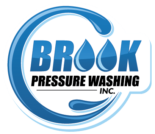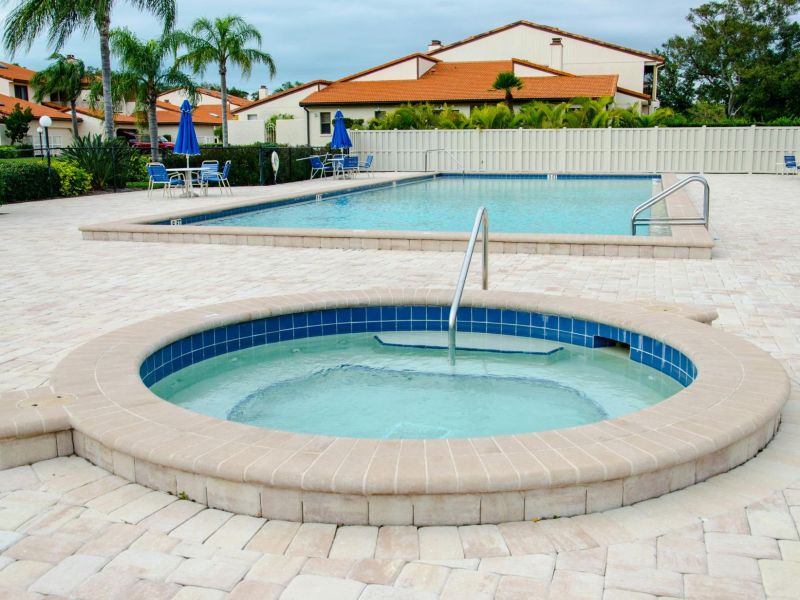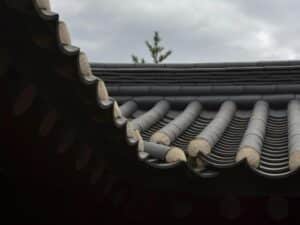Pavers are a popular choice for outdoor surfaces like driveways, patios, and walkways due to their aesthetic appeal, durability, and versatility. However, like any outdoor material, pavers are exposed to the elements and can suffer from wear and tear over time. Paver sealing is a process that involves applying a protective sealant to the surface of the pavers, which can help preserve their appearance and longevity. But the question remains: Is paver sealing worth the investment? To answer this, we’ll explore the costs, benefits, and potential drawbacks of paver sealing to help you make an informed decision.
Understanding the Costs of Paver Sealing
The cost of paver sealing can vary depending on several factors, including the size of the area to be sealed, the type of sealant used, and whether you choose to hire a professional or do it yourself. Here’s a breakdown of these costs:
- Professional Sealing: Hiring a professional to seal your pavers typically costs between $1 to $3 per square foot. For a 500-square-foot driveway, this could range from $500 to $1,500. The price may also vary depending on the complexity of the job, the type of pavers, and the geographical location.
- DIY Sealing: If you choose to seal the pavers yourself, you’ll save on labor costs, but you’ll still need to purchase the sealant and necessary tools. Sealants can range from $20 to $60 per gallon, and the coverage varies based on the porosity of the pavers. On average, you might spend around $100 to $300 on materials for a 500-square-foot area.
- Frequency of Sealing: Paver sealing is not a one-time investment. Sealants typically need to be reapplied every 2 to 3 years, depending on the type of sealant and the level of exposure to the elements. This means that over time, the cost of sealing can add up, making it important to consider the long-term financial commitment.
Benefits of Paver Sealing
Despite the costs, paver sealing offers several benefits that can make it a worthwhile investment. Our friends at Xcellent Xteriors have provided us with some of these benefits:
- Protection from Stains and Damage: Pavers are susceptible to stains from oil, grease, food, and other substances. Sealing creates a protective barrier that helps prevent these substances from penetrating the surface, making it easier to clean and maintain the pavers. This is particularly beneficial for driveways and patios where spills are more likely to occur.
- Enhanced Aesthetic Appeal: Sealing can enhance the color and texture of pavers, giving them a richer, more vibrant appearance. Some sealants offer a glossy finish, while others provide a more natural look. By preserving the original appearance of the pavers, sealing can enhance the curb appeal of your property.
- Prevention of Weed Growth and Ant Infestations: Paver joints are often a breeding ground for weeds and ants, which can undermine the structural integrity of the surface. Sealants help to stabilize the sand in the joints, reducing the likelihood of weed growth and preventing ants from burrowing between the pavers.
- Protection from UV Damage and Fading: Prolonged exposure to sunlight can cause pavers to fade and lose their color over time. Sealing protects the pavers from UV rays, helping to maintain their original color and appearance.
- Increased Longevity: By protecting the pavers from the elements, sealing can extend their lifespan. This means that you may not need to replace your pavers as frequently, which can save you money in the long run.
Potential Drawbacks of Paver Sealing
While paver sealing offers several benefits, it’s important to consider the potential drawbacks:
- Ongoing Maintenance Costs: As mentioned earlier, sealing is not a one-time cost. The need for reapplication every few years means that you will incur ongoing maintenance expenses. For some homeowners, these costs may outweigh the benefits, especially if the pavers are in a low-traffic area.
- Risk of Slipperiness: Certain sealants, particularly those with a glossy finish, can make the surface of the pavers slippery when wet. This can be a safety concern, especially in areas like pool decks or walkways. To mitigate this risk, you can choose a sealant with a non-slip additive, but this may increase the cost.
- Possible Discoloration: Some sealants can cause pavers to darken or change color, which may not be desirable for all homeowners. It’s important to test the sealant on a small, inconspicuous area before applying it to the entire surface to ensure that you’re satisfied with the result.
- Labor-Intensive Process: Whether you hire a professional or do it yourself, paver sealing is a labor-intensive process. The surface must be thoroughly cleaned and allowed to dry before the sealant is applied. If not done correctly, the sealant may not adhere properly, leading to uneven coverage or a shorter lifespan.
Comparing the Investment with Alternatives
When considering whether paver sealing is worth the investment, it’s also helpful to compare it with alternative options:
- Leaving Pavers Unsealed: One option is to leave the pavers unsealed and accept the natural aging process. While this saves money upfront, it may result in more frequent cleaning, increased susceptibility to stains and damage, and a shorter lifespan for the pavers.
- Resurfacing or Replacing Pavers: In some cases, resurfacing or replacing damaged pavers may be a more cost-effective solution than sealing, especially if the pavers are already showing signs of significant wear. However, this can be a more expensive and time-consuming process.
- Using a Paver Protector: Some homeowners opt for a paver protector, which is a type of sealant that penetrates the surface of the pavers without leaving a visible film. While this provides some protection from stains and UV damage, it may not offer the same level of durability as a full sealant.
Making the Decision: Is Paver Sealing Worth It?
Ultimately, the decision to seal your pavers depends on several factors, including your budget, the condition of the pavers, and your long-term maintenance preferences. Paver sealing can be a worthwhile investment if you prioritize the aesthetic appeal, longevity, and ease of maintenance of your outdoor surfaces. The benefits of protection from stains, UV damage, and weed growth can make the ongoing costs of sealing justified, particularly in high-traffic areas like driveways and patios.
However, if your pavers are in a low-traffic area or if you prefer a more natural, weathered look, you may decide that sealing is not necessary. In such cases, accepting the natural aging process or exploring alternative protective measures may be more cost-effective.
Conclusion
Paver sealing is an investment that offers significant benefits in terms of protection, aesthetics, and longevity. While it does come with ongoing costs and potential drawbacks, the enhanced appearance and durability it provides can make it a valuable addition to your outdoor maintenance routine. By carefully weighing the costs and benefits, and considering your specific needs and preferences, you can make an informed decision about whether paver sealing is the right choice for your property.




